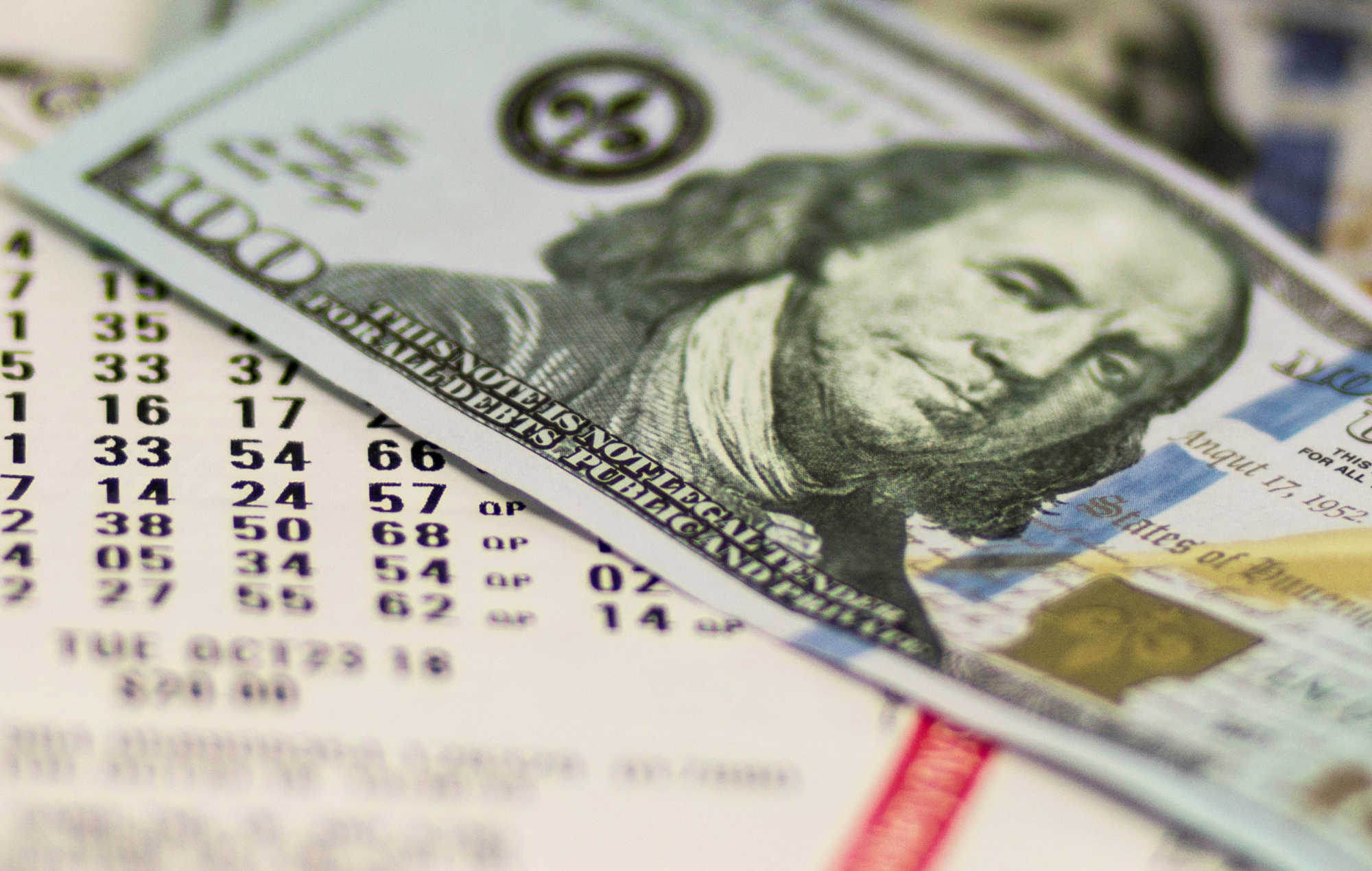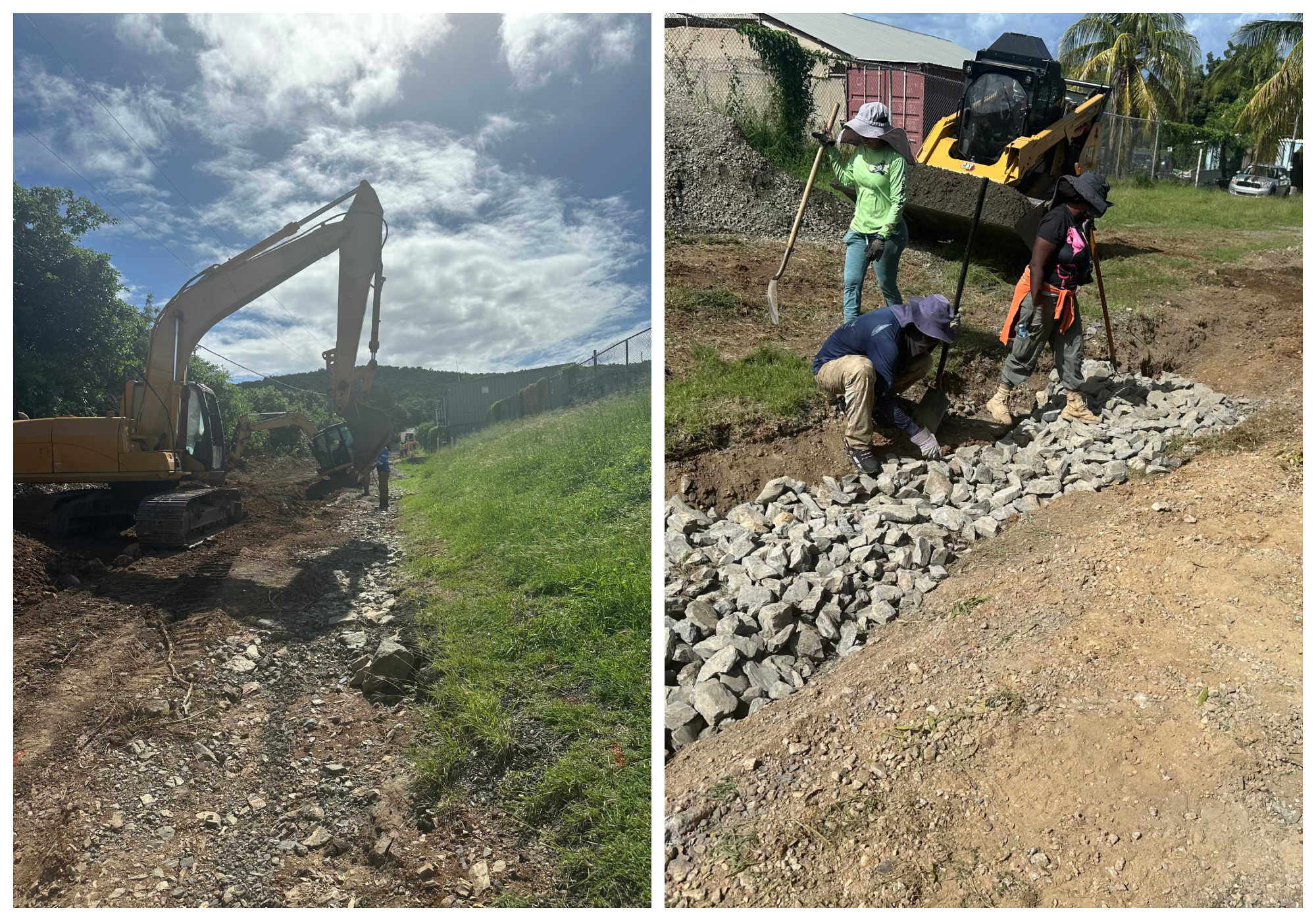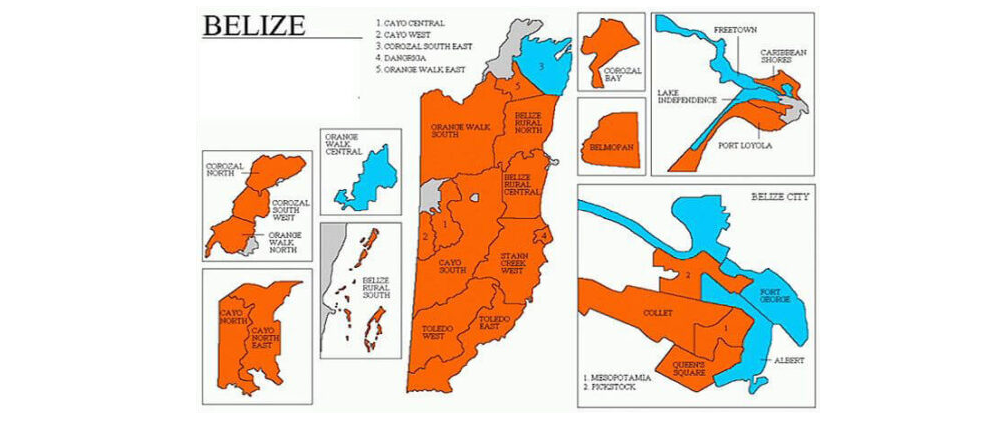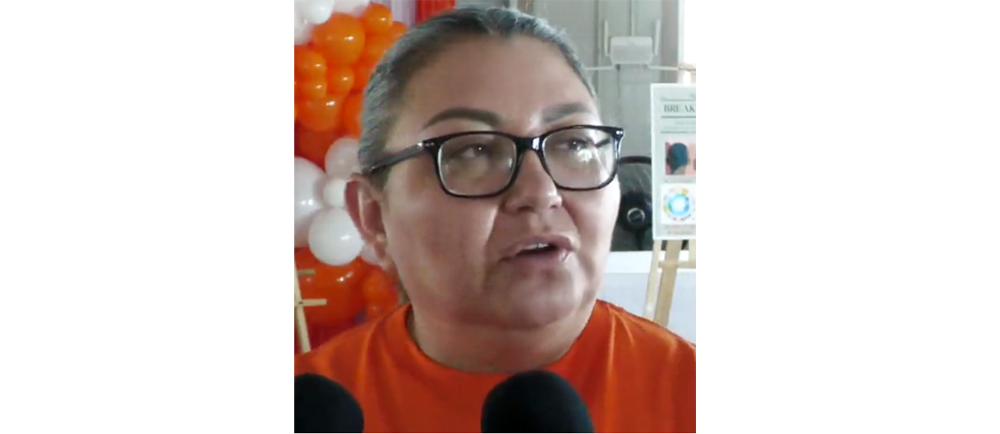Bill to Dismantle Illegal Gambling Advances, Aims to Recover $100 Million Leaving the Territory
 19 December 2024
19 December 2024


Further action is expected to be taken on a bill set to strengthen enforcement of illegal gambling when the full body of the 35th Legislature meets on Wednesday.
Bill 35-0179, originally sponsored by Senator Diane Capehart in December 2023, returned to the Committee on Homeland Security, Justice, and Public Safety last Wednesday following rigorous discussion and amendments. The draft legislation aims to strengthen the Virgin Islands Lottery's enforcement tools against illegal gambling and lottery.
The bill describes illegal gambling as “a catalyst for violent crime,” and says the practice “adversely impacts the quality of life in the Virgin Islands, and disrupts our neighborhoods and lawful businesses.” It seeks to tackle any “organized criminal lottery enterprise” which refers to “any endeavor involving a lottery not authorized under the Virgin Islands Code.” Individuals convicted under the amended law would face fines of up to $1000, a jail term of up to 2 years, or both.
Bill 35-0179 was largely supported by stakeholders including the Attorney General’s Office. Assistant Attorney General and Director of the Division of Gaming Enforcement, R. Oliver David, agreed that the legislation would “assist in the investigation and prosecution of violators of the Virgin Islands gaming laws.” The V.I Casino Control Commission, too, supported the bill. Its secretary, Luther Renee, commented on the “deleterious effects of illegal gambling and illegal lottery” and how these actions affect the “revenue-generating capacity of the Virgin Islands Lottery and the concomitant adverse results of our activities in our community as a whole.”
Indeed, V.I Lottery Director Raymond Williams informed lawmakers that upwards of $100 million leaves the territory thanks to illegal gambling activities. “The influence and proliferation of illegal gaming, weapons, human trafficking and a host of other activities are at an all-time high and crippling our community,” he remarked during his testimony. For Mr. Williams, if immediate action is not taken to “extinguish this cancer as much as humanly possible,” the territory will lose its “moral fabric” and “economic foundation.”
“Just imagine all the good that can come from maintaining and sustaining these revenues locally,” he told lawmakers. The Virgin Islands Lottery is responsible for funding a host of the territory’s projects including several social initiatives. Senator Angel Bolques Jr. described the entity as the “cornerstone of our territory’s programs funding.” He agreed that Bill 35-0179, with its updated penalties, is a “targeted enforcement strategy to dismantle this illegal enterprise.”
“This is our collective opportunity to increase revenues in the territory by eradicating illegal activity,” Mr. Williams announced. Enacting the legislation, he said, is an opportunity to “send a clear message to those actors that we will not sit idly by and allow them to spread their venom.” Again, Bolques agreed. “It's important for us to take action while we can.” Like his colleague, Senator Ray Fonseca found the bill timely.
Bill 35-0179 will allocate 45% of all real and personal property forfeited, and all fines collected to to the V.I Lottery, of which 2% must be used to tackle gambling addiction across the Virgin Islands. Other entities including the V.I Casino Control Commission already conduct similar rehabilitative work. Nevertheless, Senator Franklin Johnson questioned whether the 2% allocation is “sufficient.” He was assured by V.I Lottery Director Raymond Williams that it is, particularly as the funding is “an addition to what we have presently.”
Meanwhile, Senator Alma Francis Heyliger requested additional “focus on cleaning up the enhancement and enhancing the enforcement side of it so they could execute these laws we keep creating.” Notwithstanding, she joined her colleague lawmakers in forwarding the bill onwards to the next legislative step.



